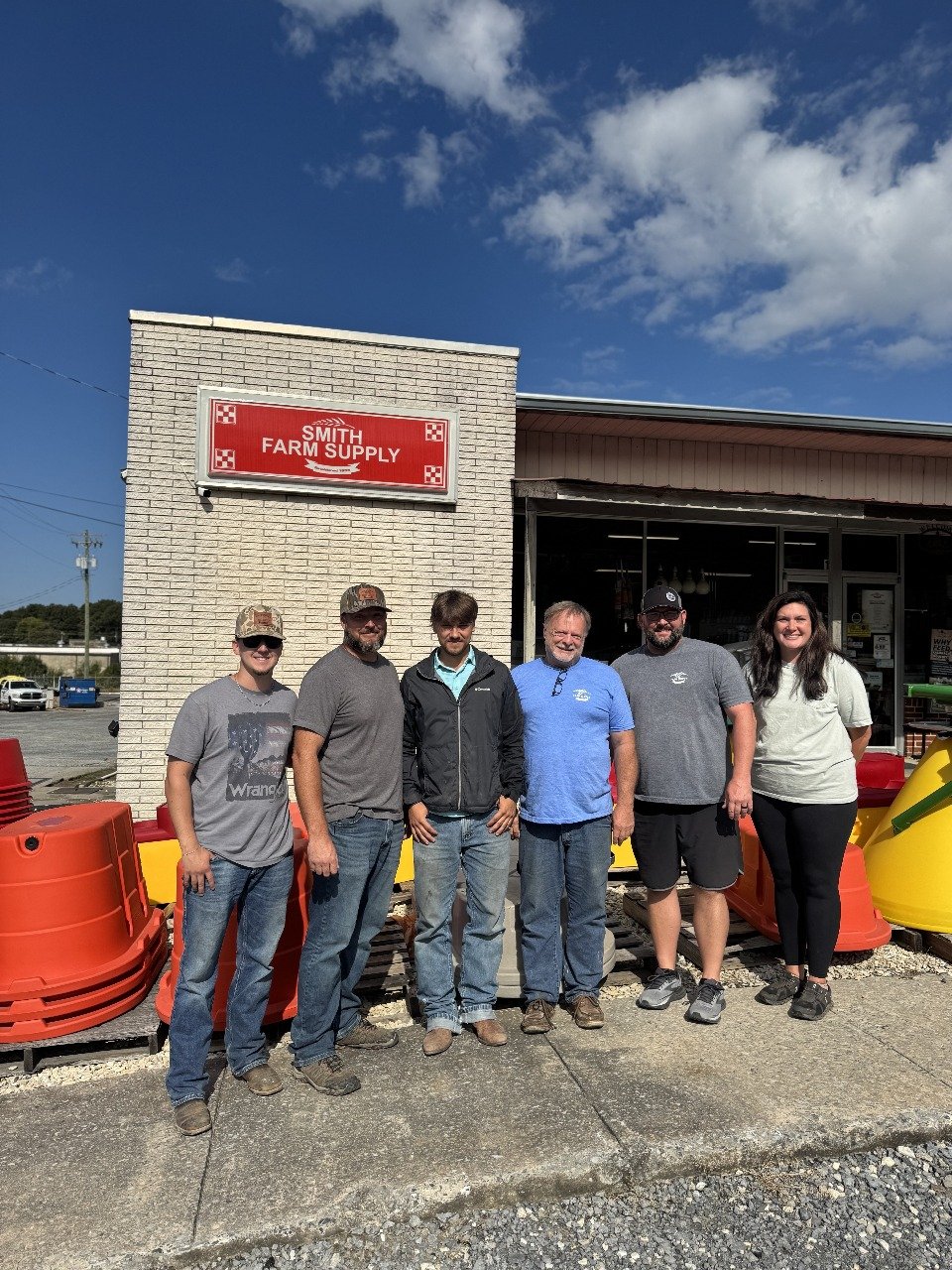Jasmine Crowe-Houston is a prominent social entrepreneur and the founder of Goodr, a groundbreaking Atlanta-based company that uses technology to combat hunger and food waste. Her work has garnered national attention for its innovative approach to addressing food insecurity.
Mission and Impact: In 2017, after personally preparing meals for the homeless in Atlanta, Crowe-Houston established Goodr to tackle the systemic issues of food waste and hunger. Goodr collects surplus food from organizations like Turner Broadcasting Systems, Hartsfield-Jackson Atlanta International Airport, and others, redirecting it to nonprofits that distribute it to those in need. The company also collaborates with cities and governments to purchase quality food for underserved communities. Since its inception, Goodr has diverted over one million pounds of food from landfills, providing nearly one million meals to individuals facing food insecurity
Advocacy and Education: Beyond her entrepreneurial endeavors, Crowe-Houston is committed to raising awareness about hunger and food waste. She authored the children’s book Everybody Eats, inspired by her TED Talk, to educate young readers about these critical issues. The book includes a glossary and lesson plans to facilitate discussions in classrooms nationwide.
How Business Owners Can Support Systemic Change:
1. Start or Partner with Food Recovery Programs
- Redirect Surplus Food: If you run a restaurant, supermarket, or catering service, work with organizations like Goodr or local food banks to redirect your surplus food. Instead of discarding leftovers, donate to those in need. This can be done regularly through a partnership that tracks and redistributes food.
- Adopt Technology: Invest in technology or partner with tech platforms (like Goodr’s tech-driven logistics) to help manage food waste, track surpluses, and coordinate donations.
2. Engage in Corporate Social Responsibility (CSR)
- Form Alliances: Team up with other businesses, nonprofits, and civic organizations to create large-scale initiatives focused on addressing hunger and food waste. A collective effort can have a far greater impact than isolated actions.
- Host Community Events: Organize community events like food drives, or even “pop-up” grocery stores, to support your neighbors in need. You could partner with local influencers to raise awareness about food insecurity and get the word out.
3. Create or Support Local Free Grocery Stores or Pantries
- If you have the resources, consider opening a community-focused grocery store similar to Goodr’s initiatives. For example, businesses can donate space or funding to support free pantries for local residents.
- If opening a full grocery store is not feasible, support the growing network of food banks and pantries in the area by donating regularly.
4. Advocate for Policy Change
- Lobby for Legislation: Engage with local lawmakers and business groups to advocate for policies that support food recovery and tackle food insecurity. This could include tax incentives for businesses that donate food, or government support for technology solutions in food recovery.
- Support Local Solutions: Invest in or champion local initiatives and startups that focus on sustainable food practices or innovative solutions to food waste.
5. Leverage Your Platform for Education and Awareness
- Use Social Media: Share your efforts and the importance of combating food waste on your social media platforms. You could spotlight local organizations like Goodr or share educational content about the impact of food insecurity.
- Host Community Workshops: Organize educational workshops or forums in partnership with local organizations. This could include topics on reducing food waste at home, sustainable food practices, and how businesses can contribute to solving these issues.
6. Support Circular Economy Models
- Reduce Waste Across Operations: Ensure your business operations prioritize sustainability. This can include minimizing food waste in production, using recyclable packaging, or supporting upcycling initiatives where food scraps are repurposed for other uses (e.g., composting, animal feed, or even as ingredients in new products).
- Work with Local Farmers: Partner with local farmers who face waste issues, and help ensure that surplus produce finds its way to those who need it.
Long-Term Vision:
- Systemic Change: While individual efforts are crucial, the ultimate goal is to create a systemic shift in how we manage food in our society. Business owners can help by pushing for better logistics, building scalable systems for food recovery, and influencing local and national policy to support sustainable and equitable food distribution.
- Community Impact: Every small action, from food donations to advocacy, contributes to a broader network of resources, ensuring a future where food waste is minimized and hunger is addressed systematically.
By following these steps, business owners in Atlanta can significantly contribute to the fight against hunger and food waste, supporting both sustainable practices and community resilience.
If you’re interested in diving deeper into any of these actions or need help with partnerships, my encouragement is to reach out to Jasmine Crowe-Houston for more details.












